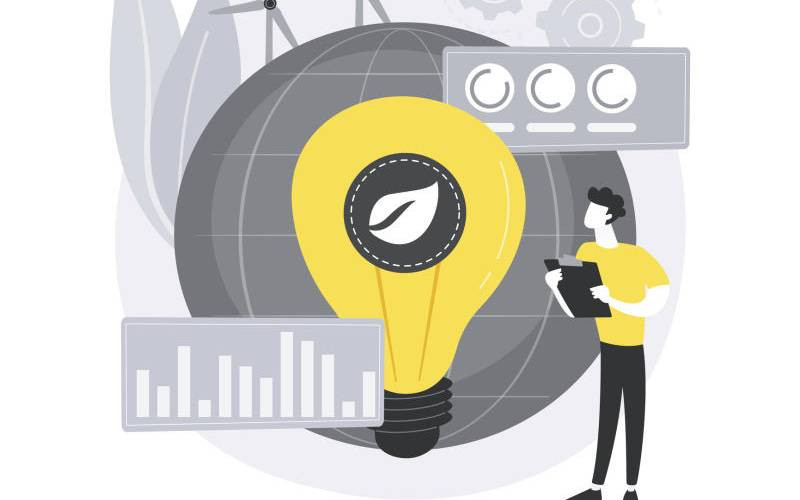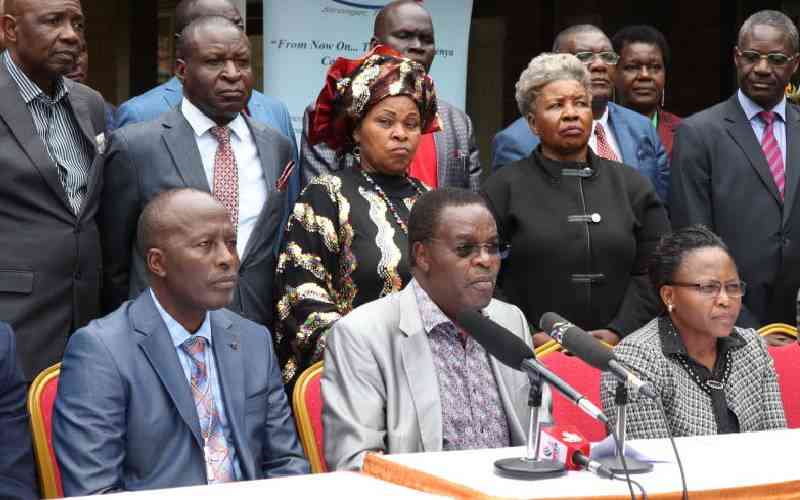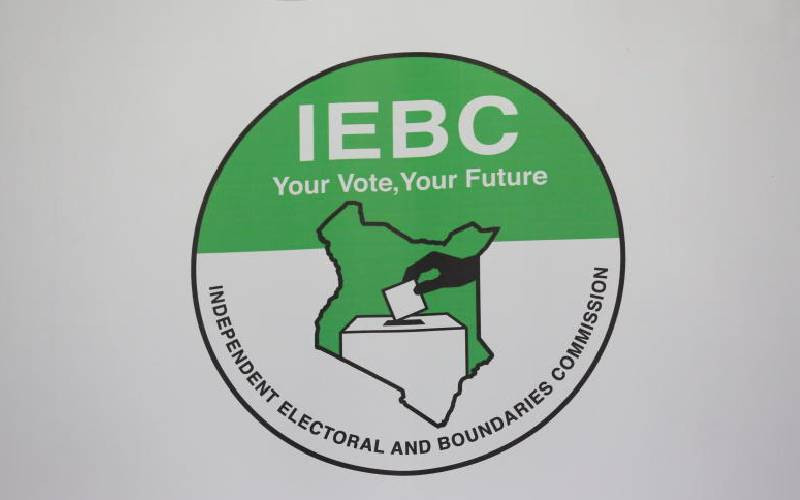By Kethi D Kilonzo
[email protected]
“Man was born free, and he is everywhere in chains.”
If all men are made by nature to be equals then no one has a natural right to govern others. So what then is the origin and necessity for government?
According to the Bible, 1 Samuel Chapter 8, when Samuel grew old the people of Israel demanded for a king to rule them. Samuel issued the people of Israel with the following warning from God.
“This is how a king will treat you. He will make soldiers of your sons. Your sons will have to plough his fields and harvest his crops. Your daughters will have to make perfumes for him and work as his cooks and bakers. He will take your best fields, vineyards and olive groves and give them to his officials. He will take a tenth of your corn and of your grapes for his court officers and other officials. He will take your servants and your best cattle and donkeys and make them work for him. He will take a tenth of your flocks. And you will become his slaves. You chose to have a king to rule over you but when the time comes you will complain bitterly.”
Scholars have different theories for the origin and necessity for government. The theory that has received the most attention, in literature, scholarly debates, and in philosophy, political science and law lecture halls is Jean-Jacques Rousseau’s “The Social Contract”. A contract, in its simplest definition, is an agreement between two parties in which they exchange things that are of value to both of them.
In “The Social Contract” individuals agree to come together as a group, they choose a ruler or an assembly of rulers amongst them, and give up some of their individual rights to this ruler, or assembly of rulers, in order to protect the collective interests of the group. Individuals and the ruler are expected to act in the interests of the group. These interests are the laws that bind the individuals and the ruler to the group. Any individual who breaks these laws is punished. If the ruler breaks the laws, the group has a right to remove him and replace him with another.
This social contract theory is repeated, but not in so many words, in the definition of democracy. Democracy is defined as a government of the people; by the people; for the people. In other words, society is both government and the governed. If humanity did not exist, government would not exist; it would be meaningless.
Why is government necessary? Thomas Hobbes said that in a “state of nature” – that is without political order and law – human life would be “solitary, poor, nasty, brutish and short.” Everyone would have unlimited natural freedoms including the “right to all things”.
Under the rule of men, like it is during war, there would be freedom to plunder, rape and murder. There would be an endless “war of all against all.” To avoid this, free men agree amongst each other to establish political community – that is civil society – through a social contract in which they all gain security in return for subjecting themselves to government.
“The Social Contract” between the Kenyan government and the citizens is embodied in the 2010 Constitution and the laws made under it. This Social Contract comes at a very dear cost, if the wage bill debate is anything to go by. We must hold our government to it.
If our poor neighbours’ rights and freedoms are threatened and violated by the government on Monday, and we don’t stand with them on Tuesday, it is a natural consequence that on Wednesday our turn will come, and there will be no one to speak for us on Thursday. A chain is only as strong as its weakest link.
The writer is an advocate of the High Court of Kenya
Stay informed. Subscribe to our newsletter
 The Standard Group Plc is a
multi-media organization with investments in media platforms spanning newspaper
print operations, television, radio broadcasting, digital and online services. The
Standard Group is recognized as a leading multi-media house in Kenya with a key
influence in matters of national and international interest.
The Standard Group Plc is a
multi-media organization with investments in media platforms spanning newspaper
print operations, television, radio broadcasting, digital and online services. The
Standard Group is recognized as a leading multi-media house in Kenya with a key
influence in matters of national and international interest.
 The Standard Group Plc is a
multi-media organization with investments in media platforms spanning newspaper
print operations, television, radio broadcasting, digital and online services. The
Standard Group is recognized as a leading multi-media house in Kenya with a key
influence in matters of national and international interest.
The Standard Group Plc is a
multi-media organization with investments in media platforms spanning newspaper
print operations, television, radio broadcasting, digital and online services. The
Standard Group is recognized as a leading multi-media house in Kenya with a key
influence in matters of national and international interest.









